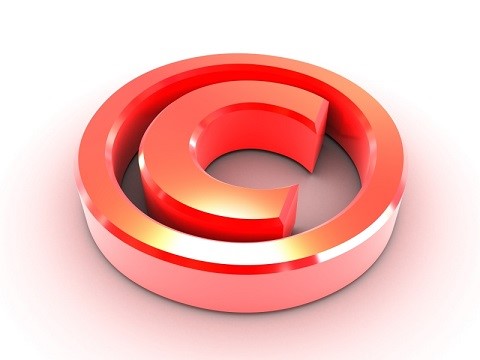by Henry Park, Esq.
Of Counsel and Registered U.S. Patent Attorney
Copyrights are territorial rights, which means that they are granted by—and limited to—the jurisdiction in which the copyright claimant seeks protection. To avoid this limitation, 171 countries have signed the Berne Convention for the Protection of Literary and Artistic Works.
Under the Berne Convention, signatories recognize that the works from one contracting state must be given the same protection in each of the other contracting states as the latter gives to its own nationals. See Berne Summary at http://www.wipo.int/treaties/en/ip/berne/summary_berne.html (1) Authors shall enjoy, in respect of works for which they are protected under this Convention, in countries of the Union […] the rights which their respective laws do now or may hereafter grant to their nationals, as well as the rights specially granted by this Convention.
See Berne Convention, Article 5(1) at http://www.wipo.int/treaties/en/text.jsp?file_id=283698#P109_16834. Moreover, that protection must not be conditioned upon compliance with any formality. See supra Berne Summary.
(2) The enjoyment and the exercise of these rights shall not be subject to any formality[.]
See Berne Convention, Article 5(2) at http://www.wipo.int/treaties/en/text.jsp?file_id=283698#P109_16834.

When the U.S. became a signatory to the Berne Convention, it amended its copyright laws through the Berne Convention Implementation Act of 1988. Specifically, the U.S. amended Section 411 to require the registration of only domestic works before a copyright lawsuit can be filed. See 17 U.S.C. § 411(a).
Thus, a non-U.S. copyright claimant (i.e., foreign claimant) can initiate a copyright infringement lawsuit in the U.S. based on its foreign copyrights without registering them.
The U.S., however, did not amend Sections 410(c) or 412. Section 410(c) grants a presumption of validity to registered works, which affects the order of proof. See 17 U.S.C. § 410(c). Section 412 makes timely registration a prerequisite for certain remedies: the award of statutory damages and of attorneys’ fees. See 17 U.S.C. § 412.
[The committee] has concluded that the statutory incentives for registration contained in the provisions of sections 410(c), 412, and 205 of the Copyright Act are not preconditions for the ‘enjoyment and exercise’ of copyright. While those provisions substantially enhance the relief available to the proprietor of a registered work, they do not condition the availability of all meaningful relief on registration, and therefore are not inconsistent with Berne.
Elsevier B.V. v. UnitedHealth Group, Inc., 93 U.S.P.Q.2d (S.D.N.Y. Jan. 10, 2010) (quoting from Senate Report No. 100-352).
To avail oneself of the benefits associated with Section 412, the copyright holder must timely register its works.
– for an unpublished work, that the work is registered before any infringement
– for a published work, that the work is registered within three months of its first publication See 17 U.S.C. § 412. Once timely registered, the copyright holder may claim statutory damages instead of having to prove actual damages and the actual infringer’s profits. See 17 U.S.C. § 504(c). Statutory damages are determined by the court and range from between $750 – $30,000 per infringed work, and can go up to $150,000 per work if the infringement was willful. See 17 U.S.C. § 504(c). Additionally, the copyright holder may recover its costs and, if it is the prevailing party, its reasonable attorney’s fees. See 17 U.S.C. § 505; see also Kirtsaeng v. John Wiley & Sons, Inc., 579 U.S. ___ (2016) (a court examines a variety of factors when determining whether to award attorney’s fees, but should put substantial weight on the reasonableness of the losing party’s position). Both of these benefits are particularly strong negotiating tools. Thus, foreign copyright claimants should timely register their foreign copyrights with the U.S. Copyright Office to avail themselves of all potential relief under U.S. Copyright Law.
